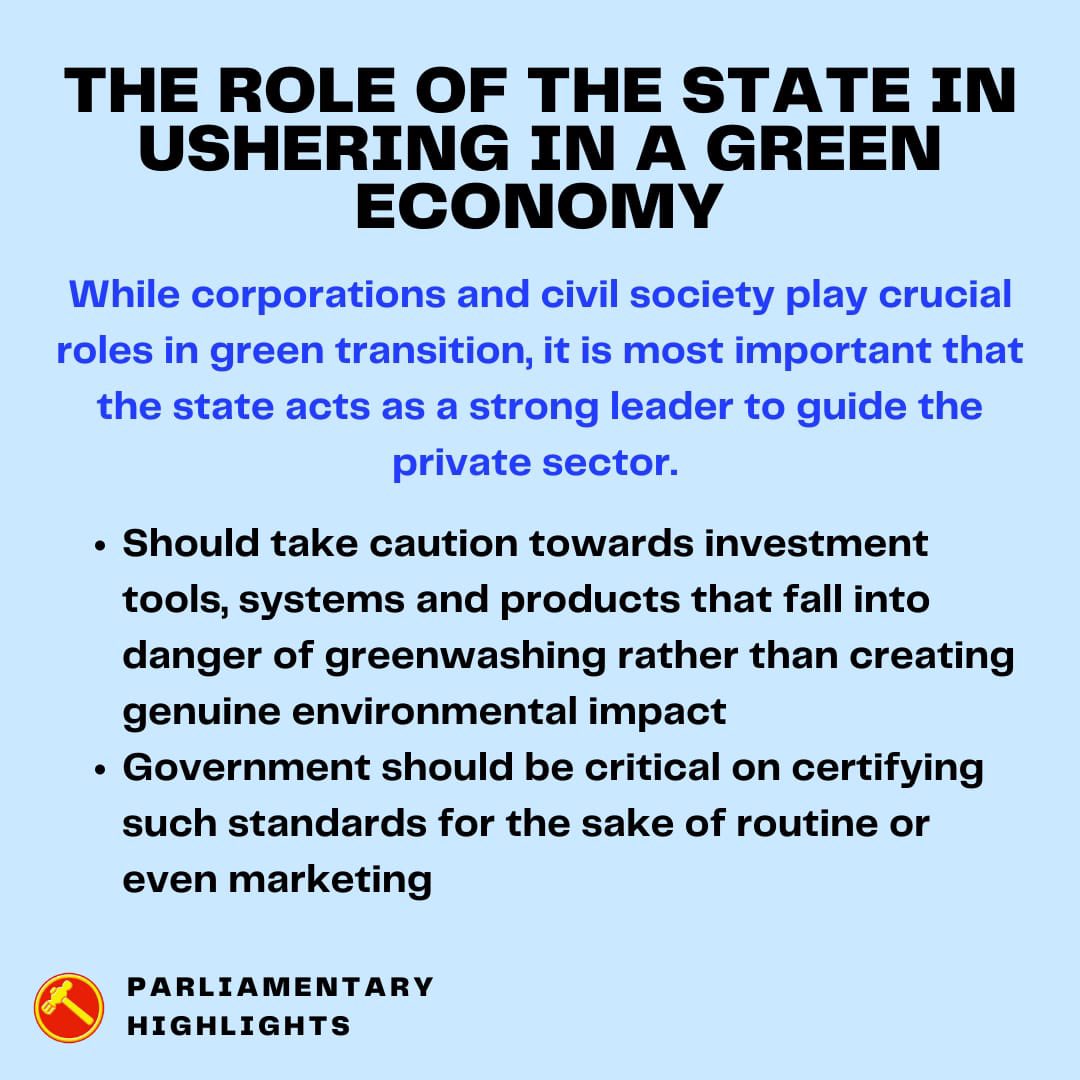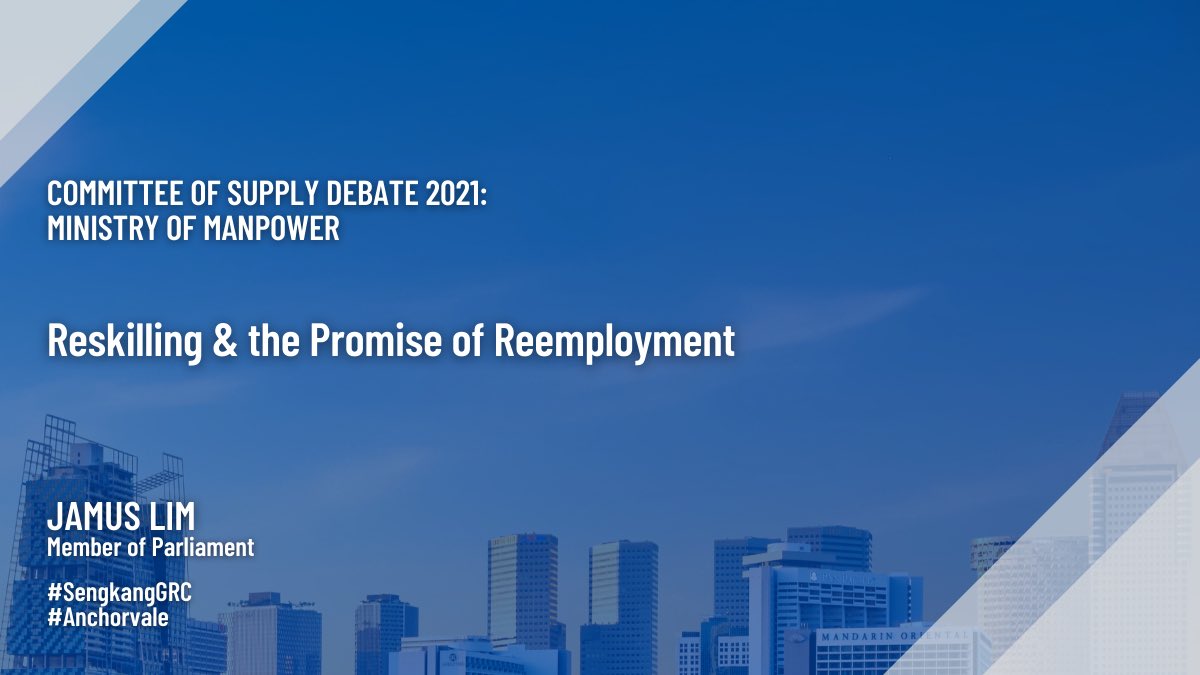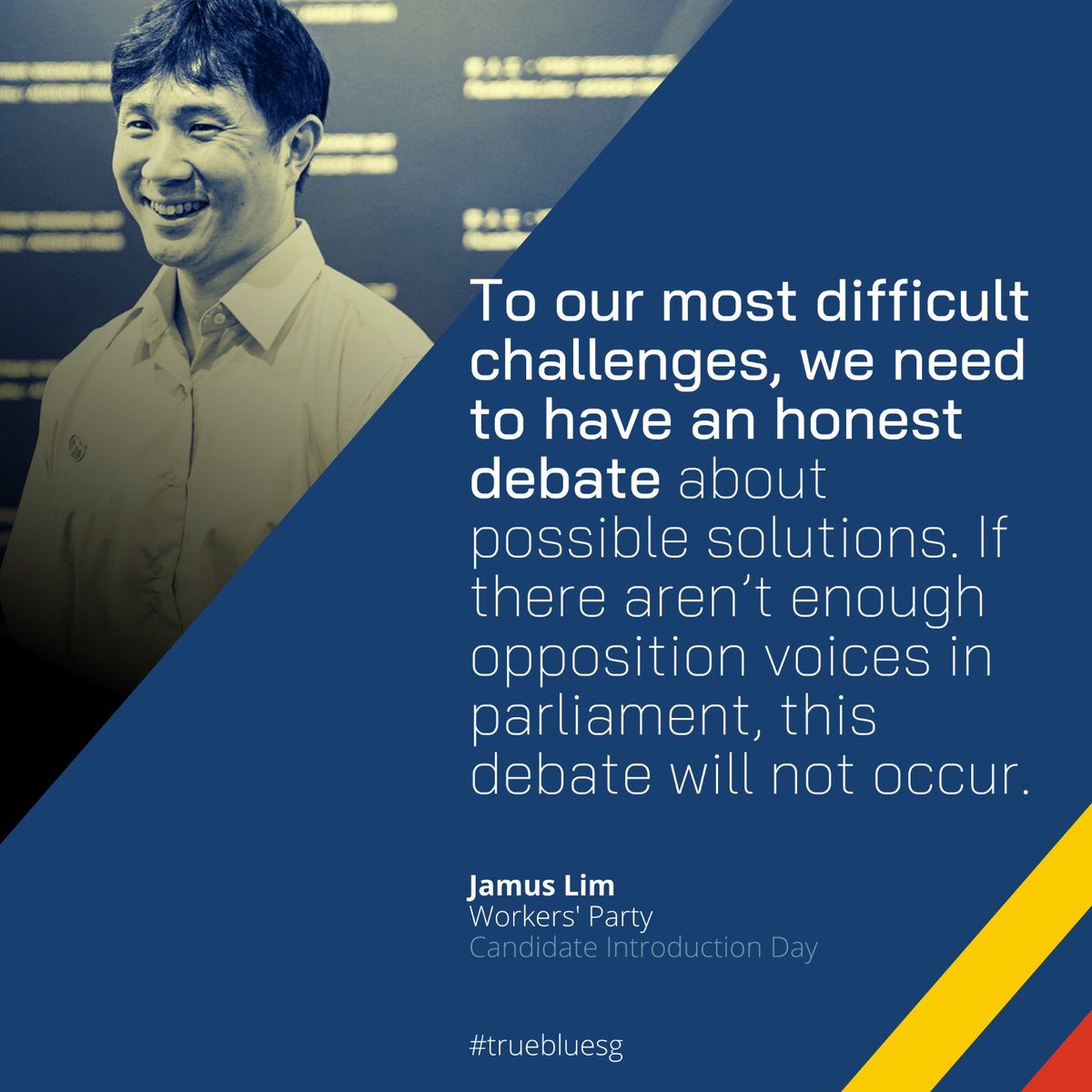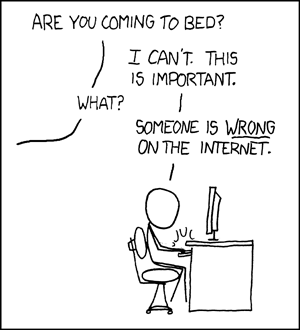How to get URL link on X (Twitter) App

 However, a friend alerted me to a recent article in Petir (the PAP’s newspaper) that is so riddled with misunderstandings and mischaracterizations that I felt it necessary to at least offer a quick response, not least to clarify the #workersparty positions. (2/n)
However, a friend alerted me to a recent article in Petir (the PAP’s newspaper) that is so riddled with misunderstandings and mischaracterizations that I felt it necessary to at least offer a quick response, not least to clarify the #workersparty positions. (2/n)

 Where I have more quibbles is in its execution, which is also informed by my background and experience in the education sector. A big part of the problem is the sort of retraining on offer. (2/n)
Where I have more quibbles is in its execution, which is also informed by my background and experience in the education sector. A big part of the problem is the sort of retraining on offer. (2/n)

 He also said that Singaporeans enjoy a much higher quality of public service than elsewhere, for what they pay. There’s a certain truth to that; our public sector, insofar as efficiency is concerned, is pretty value-for-money. (2/n)
He also said that Singaporeans enjoy a much higher quality of public service than elsewhere, for what they pay. There’s a certain truth to that; our public sector, insofar as efficiency is concerned, is pretty value-for-money. (2/n)

 Plus, I was 25. I would go to the doctor maybe twice a year, if even that often (remember when you were that invincible?). I thought that U.S. healthcare was just an unfair tax on the young and healthy, a reflection of the overall poor health of the American population. (2/n)
Plus, I was 25. I would go to the doctor maybe twice a year, if even that often (remember when you were that invincible?). I thought that U.S. healthcare was just an unfair tax on the young and healthy, a reflection of the overall poor health of the American population. (2/n)

 But the truth is, most of us have encountered trusts in some form. We donate to charities, which is a type of trust. We nominate beneficiaries for insurance or CPF, both of which are trust arrangements. (2/n)
But the truth is, most of us have encountered trusts in some form. We donate to charities, which is a type of trust. We nominate beneficiaries for insurance or CPF, both of which are trust arrangements. (2/n)

 But one-off price increases, while unpleasant, do not give rise to inflation. Inflation happens when price rises are persistent. Many economists, while worried about inflation, do not expect it to persist beyond this year or next. (2/n)
But one-off price increases, while unpleasant, do not give rise to inflation. Inflation happens when price rises are persistent. Many economists, while worried about inflation, do not expect it to persist beyond this year or next. (2/n)

 My #workersparty colleagues and I took that charge seriously. So when the GST hike was proposed, we took pen to paper, and worked out a range of revenue options that we felt could stave off the need to raise GST. (2/n)
My #workersparty colleagues and I took that charge seriously. So when the GST hike was proposed, we took pen to paper, and worked out a range of revenue options that we felt could stave off the need to raise GST. (2/n)

 I’m not usually a Debbie Downer, but my contributions to the debate were mostly cautionary. I spoke about the importance of measuring progress, and warned about how green financing wasn’t some magic bullet, as well as risks from greenwashing. (2/n)
I’m not usually a Debbie Downer, but my contributions to the debate were mostly cautionary. I spoke about the importance of measuring progress, and warned about how green financing wasn’t some magic bullet, as well as risks from greenwashing. (2/n) 






 This means that what is needed is an end-to-end jobs safety net. At the back end, the Professional Conversion Program and SkillsFuture help workers reskill, while cofinancing via the Jobs Growth Incentive makes it more palatable for employers to take on retrained rookies. (2/n)
This means that what is needed is an end-to-end jobs safety net. At the back end, the Professional Conversion Program and SkillsFuture help workers reskill, while cofinancing via the Jobs Growth Incentive makes it more palatable for employers to take on retrained rookies. (2/n)

 My first few temporary jobs were also in the back offices of different financial firms. That’s what got me interested in international finance to begin with, a field I would write several theses about and go on to get a PhD. It is my (intelectual) first love. (2/n)
My first few temporary jobs were also in the back offices of different financial firms. That’s what got me interested in international finance to begin with, a field I would write several theses about and go on to get a PhD. It is my (intelectual) first love. (2/n)

 Indeed, economists widely acknowledge that sustained, long-run growth is only possible with technological improvements. This is the case with old-school (Solow-style) growth models, as well as newer (Romer-type) “endogenous” growth models. (2/n)
Indeed, economists widely acknowledge that sustained, long-run growth is only possible with technological improvements. This is the case with old-school (Solow-style) growth models, as well as newer (Romer-type) “endogenous” growth models. (2/n)

 In his opening address to the 14th Parliament, PM Lee spoke of a number of issues. Many points he made were thoughtful, and drew on his deep experience in government, and as Prime Minister. I appreciated his insight and candor.
In his opening address to the 14th Parliament, PM Lee spoke of a number of issues. Many points he made were thoughtful, and drew on his deep experience in government, and as Prime Minister. I appreciated his insight and candor.

 For good or ill, decisions made by the majority (or representatives of that majority) apply to all citizens in the country. One may individually disagree. If so, the time to debate a policy’s merits is prior to enactment. But once policy becomes law, all are compelled to follow.
For good or ill, decisions made by the majority (or representatives of that majority) apply to all citizens in the country. One may individually disagree. If so, the time to debate a policy’s merits is prior to enactment. But once policy becomes law, all are compelled to follow.

 In social sciences, there is seldom unambiguous evidence. Studies can yield different results, which is why continued research is important & policies should be based on the overall literature. That's why I mentioned that many papers since Card-Krueger corroborate its findings.
In social sciences, there is seldom unambiguous evidence. Studies can yield different results, which is why continued research is important & policies should be based on the overall literature. That's why I mentioned that many papers since Card-Krueger corroborate its findings.
